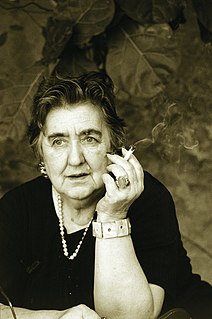A Quote by Oliver Goldsmith
Tenderness is a virtue.
Quote Topics
Related Quotes
Spirituality is not a question of morality, it is a question of vision. Spirituality is not the practising of virtues - because if you practise a virtue it is no longer a virtue. A practised virtue is a dead thing, a dead weight. Virtue is virtue only when it is spontaneous; virtue is virtue only when it is natural, unpractised - when it comes out of your vision, out of your awareness, out of your understanding.
And what does reward virtue? You think the communist commissar rewards virtue? You think a Hitler rewards virtue? You think, excuse me, if you'll pardon me, American presidents reward virtue? Do they choose their appointees on the basis of the virtue of the people appointed or on the basis of their political clout?
These were people so hungry for love that they were accepting substitutes. There were embracing material things and expecting a sort of hug back. But it never works. You can't substitute material things for love or for gentleness or for tenderness or for a sense of comradeship. Money is no substitute for tenderness, and power is not a substitute for tenderness. I can tell you as I'm sitting here dying, when you most need it, neither money nor power will give you the feeling you're looking for, no matter how much of them you have.






































